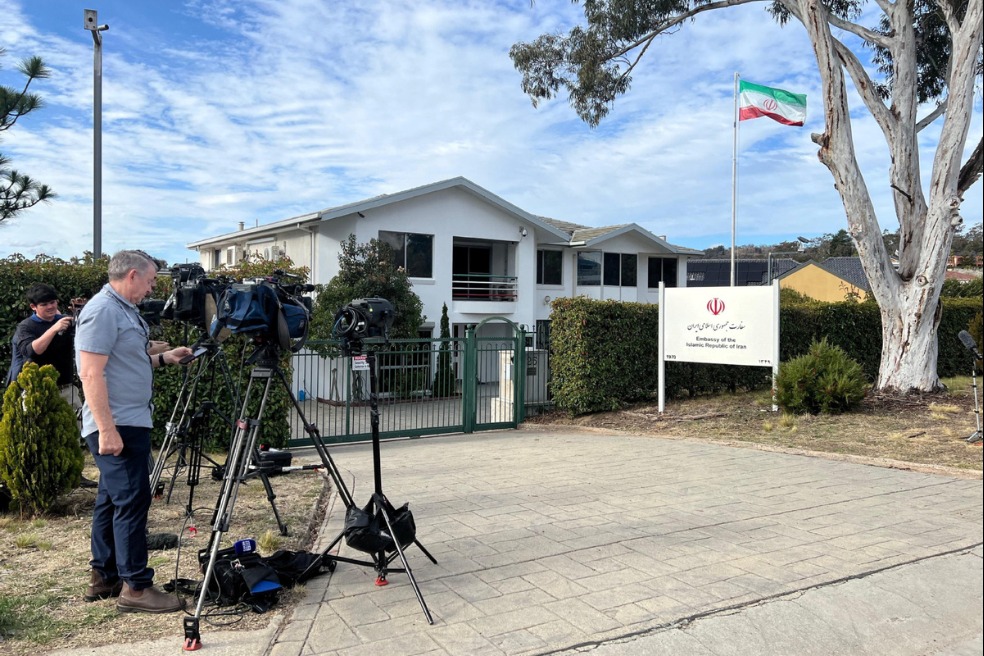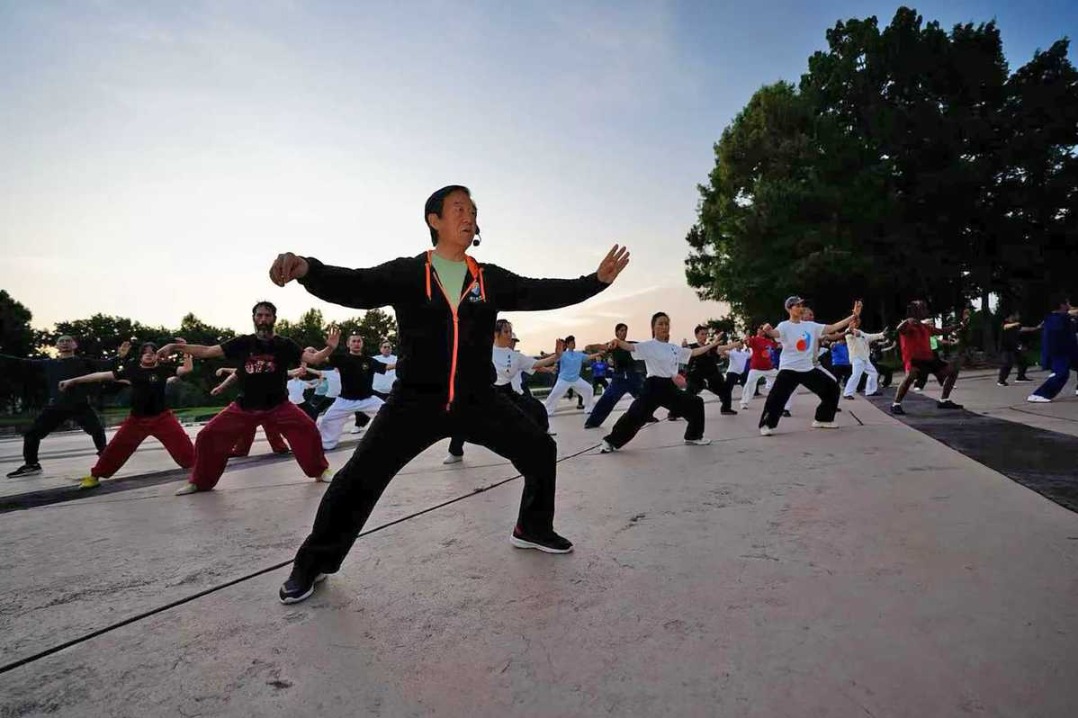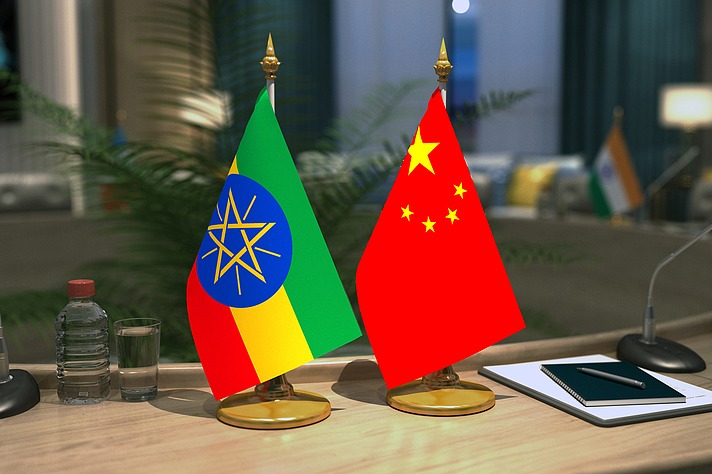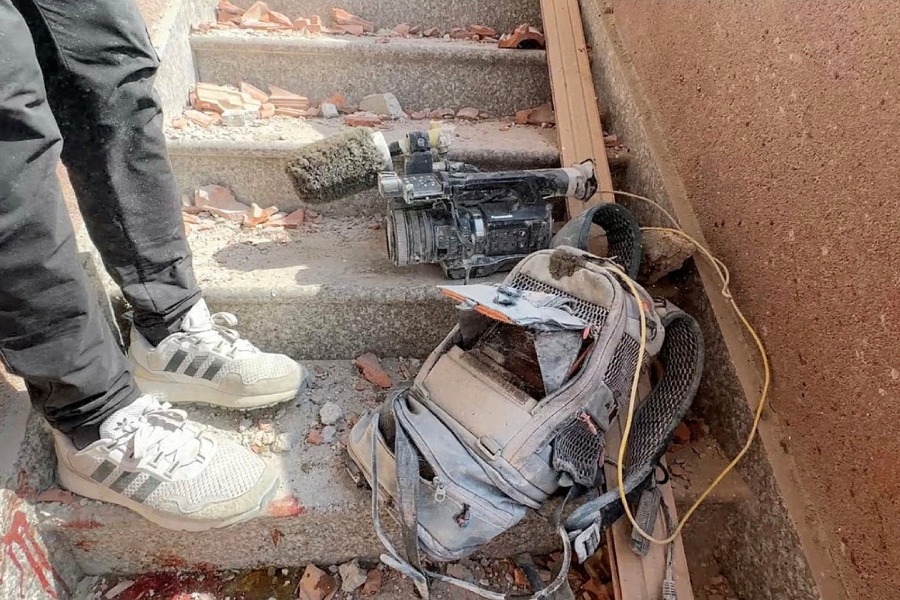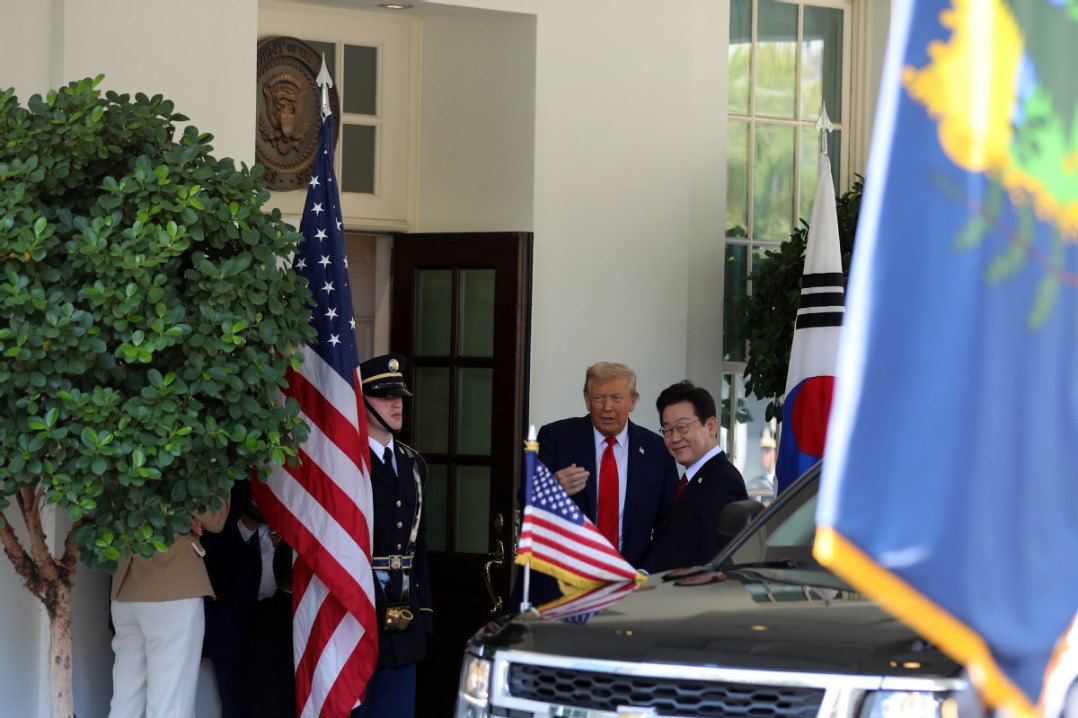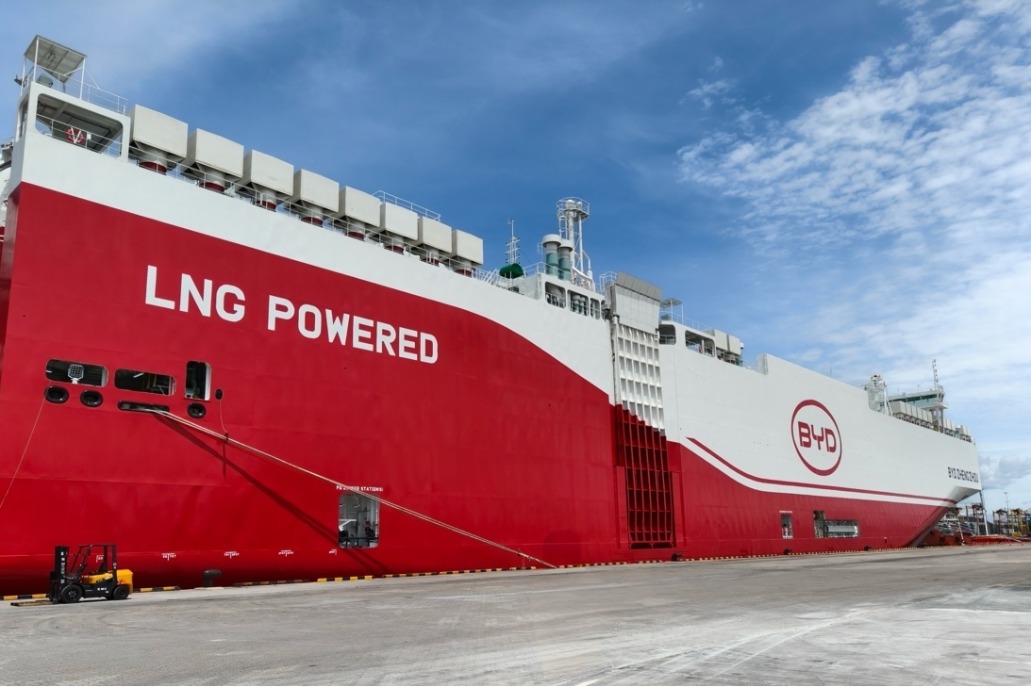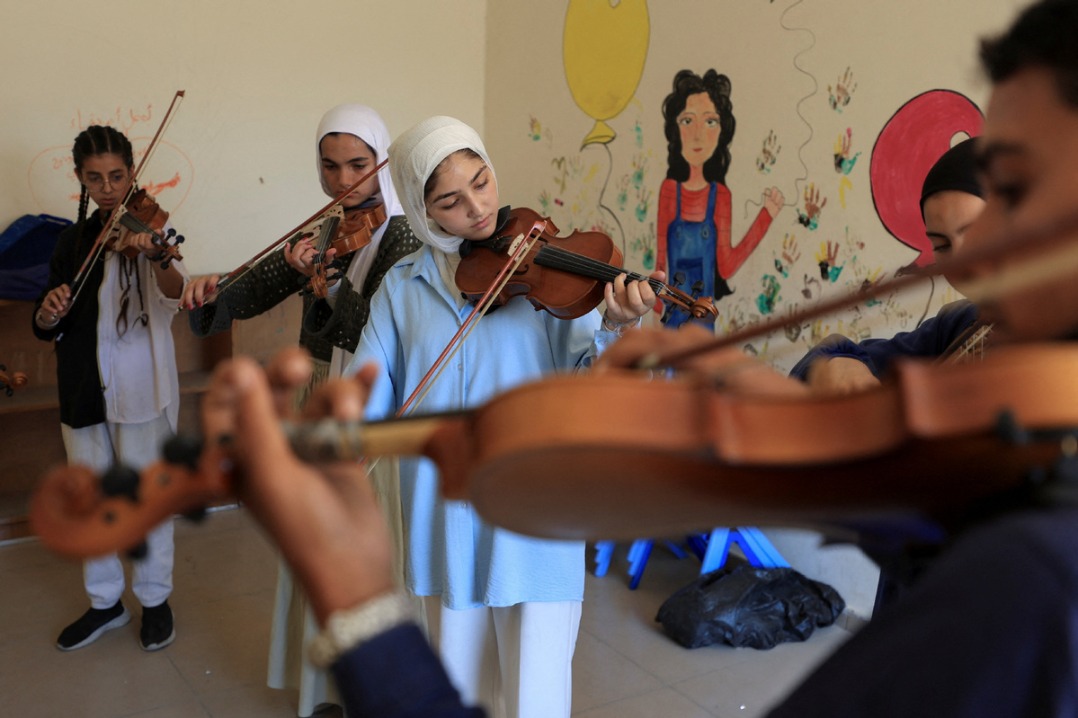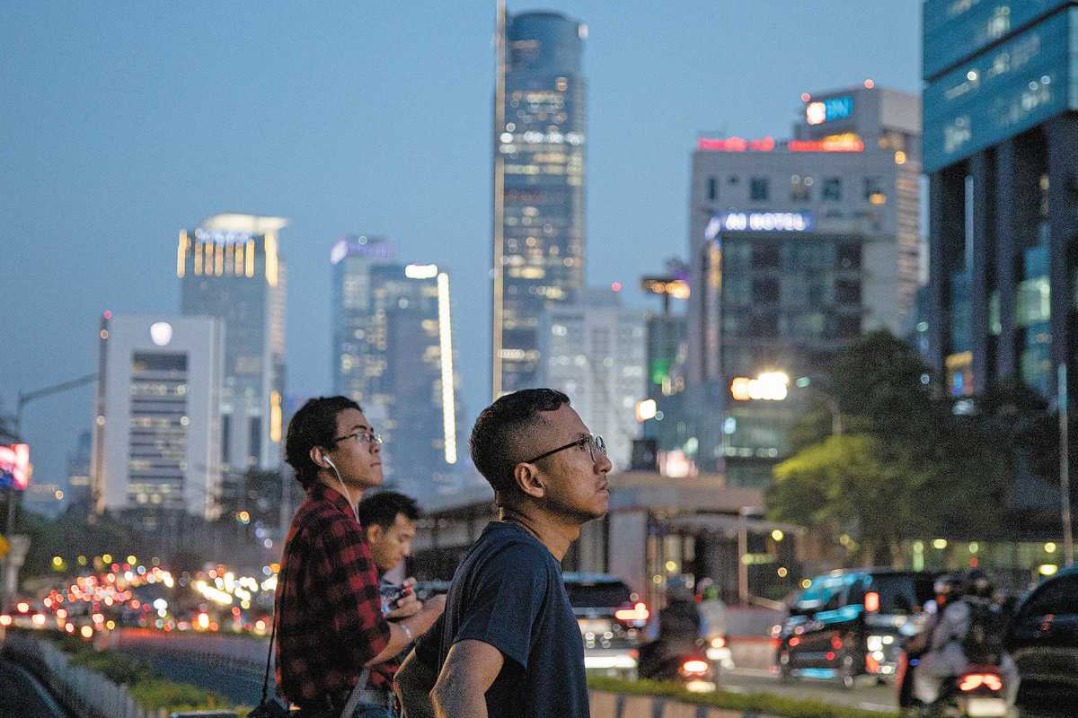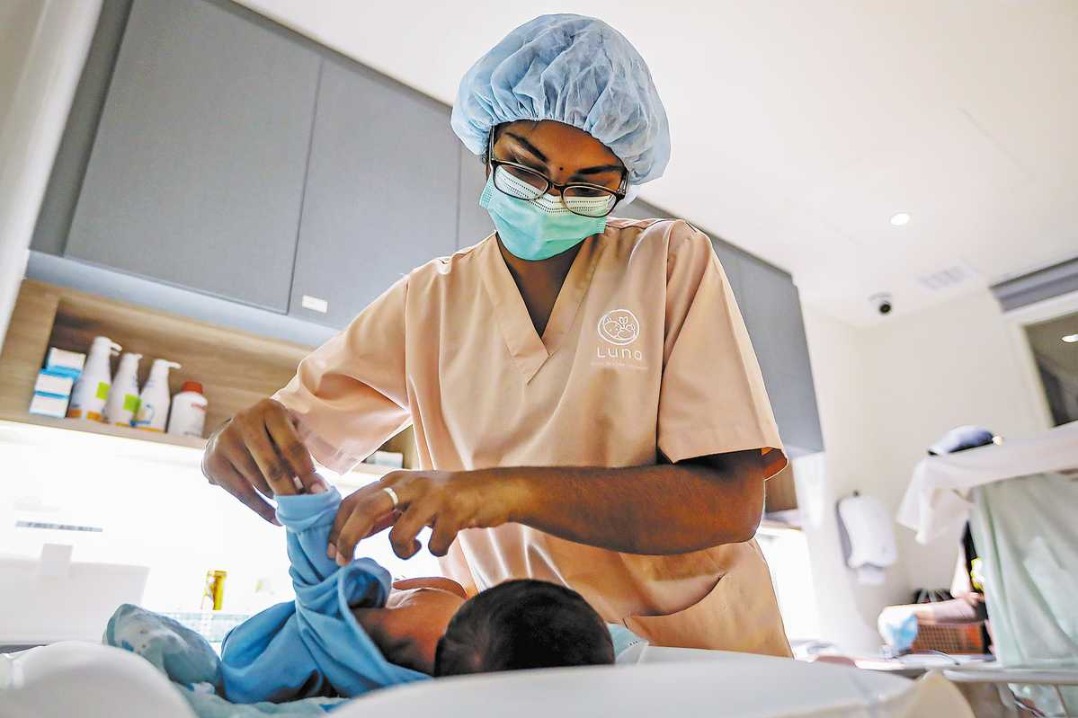Threats between US, Iran rise

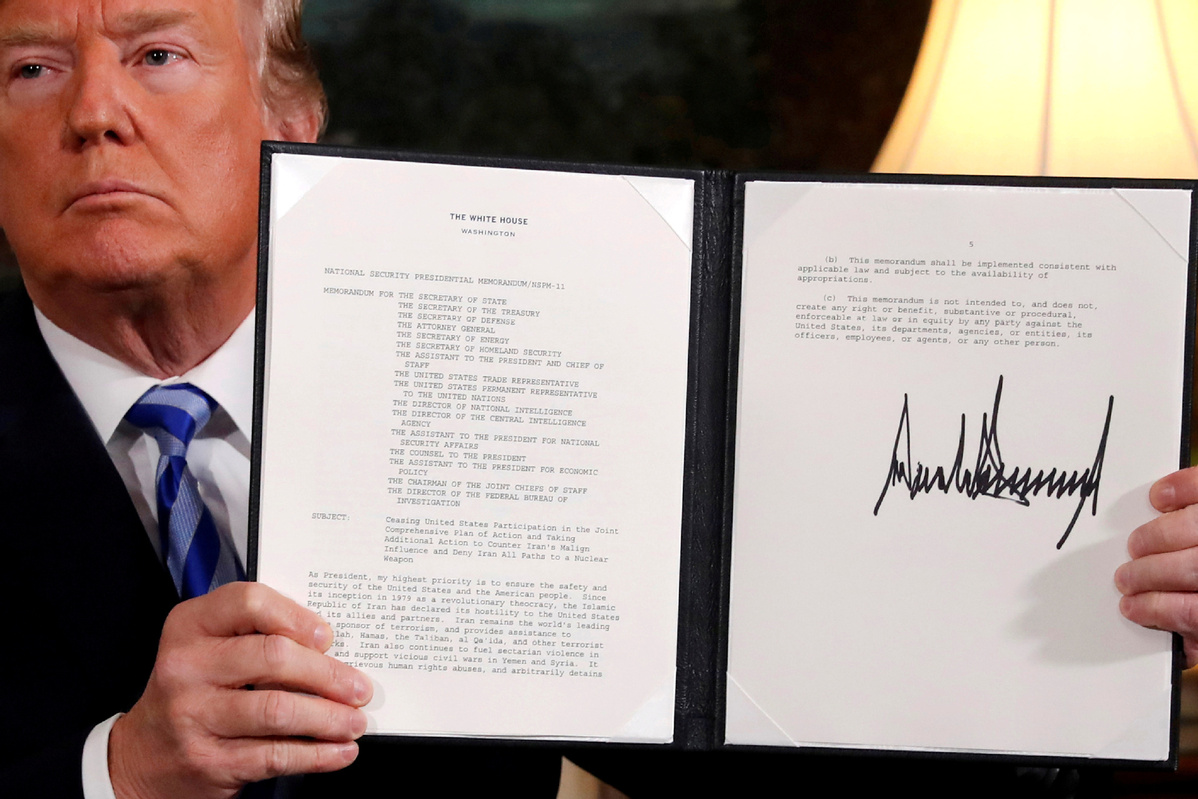
Trump withdrew the United States from the deal in 2018 and reimposed sanctions on Iran that heightened tensions between the two countries after a brief thaw following the accord.
The killing of Soleimani came after protesters who support Iraqi Shia militia on Dec 31 raided the US embassy grounds in Iraq, which had never been breached before.
British Prime Minister Boris Johnson said about Soleimani that he would not lament the death of someone who played a leading role in actions that led to the deaths of thousands of innocent civilians and Western personnel, but that "calls for retaliation or reprisals will simply lead to more violence in the region and they are in no one's interest".
In Beijing on Friday, Chinese Foreign Ministry spokesman Geng Shuang said: "Iraq's sovereignty, independence and territorial integrity must be respected, and peace and stability of the Gulf Region in the Middle East must be upheld. We urge the relevant parties, the US side in particular, to remain calm and restrained and avoid further escalating the tensions."
Soleimani's killing was a "horrific assassination", Iran's ambassador to the United Nations Majid Takht Ravanchi said in a letter to UN Secretary-General Antonio Guterres.
It is "an obvious example of state terrorism, and, as a criminal act, constitutes a gross violation of the fundamental principles of international law", Ravanchi wrote.
On Sunday, the Iraqi parliament passed a resolution saying that "the Iraqi government must work to end the presence of any foreign troops on Iraqi soil and prohibit them from using its land, air space or water for any reason".
Iraqi Prime Minister Adel Abdul Mahdi had earlier called on parliament to end the foreign troop presence as soon as possible.
In response, US State Department spokeswoman Morgan Ortagus said in a statement: "While we await further clarification on the legal nature and impact of today's resolution, we strongly urge Iraqi leaders to reconsider the importance of the ongoing economic and security relationship between the two countries and the continued presence of the Global Coalition to Defeat ISIS."
Some 5,000 US troops are in Iraq, reportedly in an advisory capacity.
On Friday, the Pentagon announced that it was deploying an additional 3,500 troops in the Middle East. Hundreds of American soldiers were dispatched from Fort Bragg, North Carolina, to Kuwait on Saturday to serve as reinforcements.
Abdul Mahdi said that despite the "internal and external difficulties" the country might face, canceling its request for help from US-led coalition military forces "remains best for Iraq on principle and practically".
He said he had been scheduled to meet Soleimani the day the Quds Force leader was killed, and that the general had been due to deliver an Iranian response to a message from Saudi Arabia that Abdul Mahdi had earlier passed to Teheran.
















